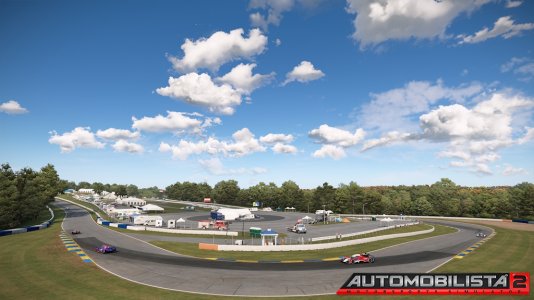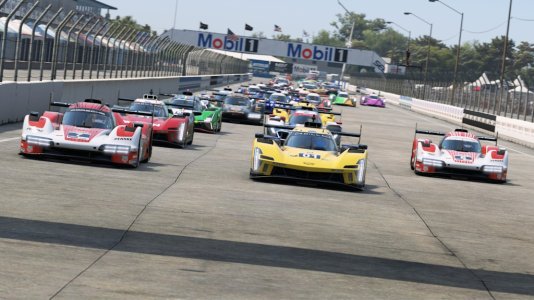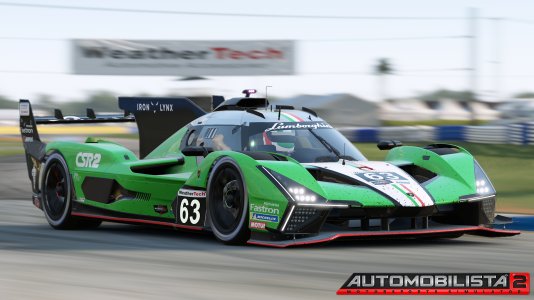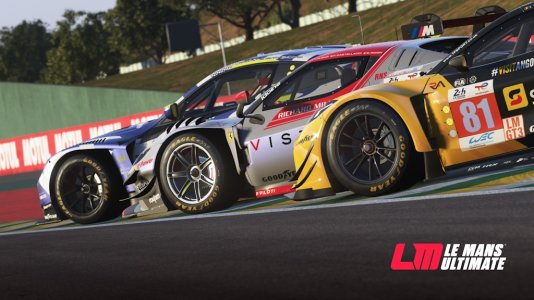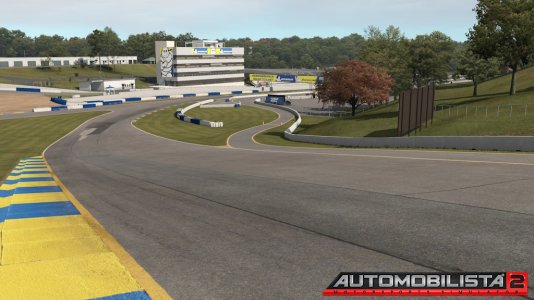Nice discussion guys!

I won't take part for now but only to the "you can't see/feel/whatever more fps" :
My second hobby is mixing and recording audio. Mostly I do some metal/rock instrumental covers just for myself but sometimes someone wants to record something.
If you want to have your voice (voice is the most noticeable for this) processed by the PC and back on your headphones you will have a latency shown to you by the mixing program (I use cubase).
You feel the difference between 2.5ms in-out and 5ms in-out and you certainly hear the difference between 5ms and 10ms.
Above 10ms it not only feels weird but you really start to hear the lag between what you speak/sing and what you hear.
I'm not sure if the human eye has slower receptors that the human ear but afaik the eye sensors are some "Constant sending" things so every refresh of the frame will be noticed at least by some of the nerves at every point up to the level where all nerves are at the maximum "I can send something again to the brain" - pace.
I think this limit is around 200hz for my eyes (tested with stroboskope until it was just a light without flickering from all angles).
That said: yes, I was talking about 60hz/fps in my posts. Most people want to slap everything on ultra max so a 2600k still runs fine with a 1080ti.
Sure, if you aim for max fps with lower settings this whole discussion shifts to new perspectives!


